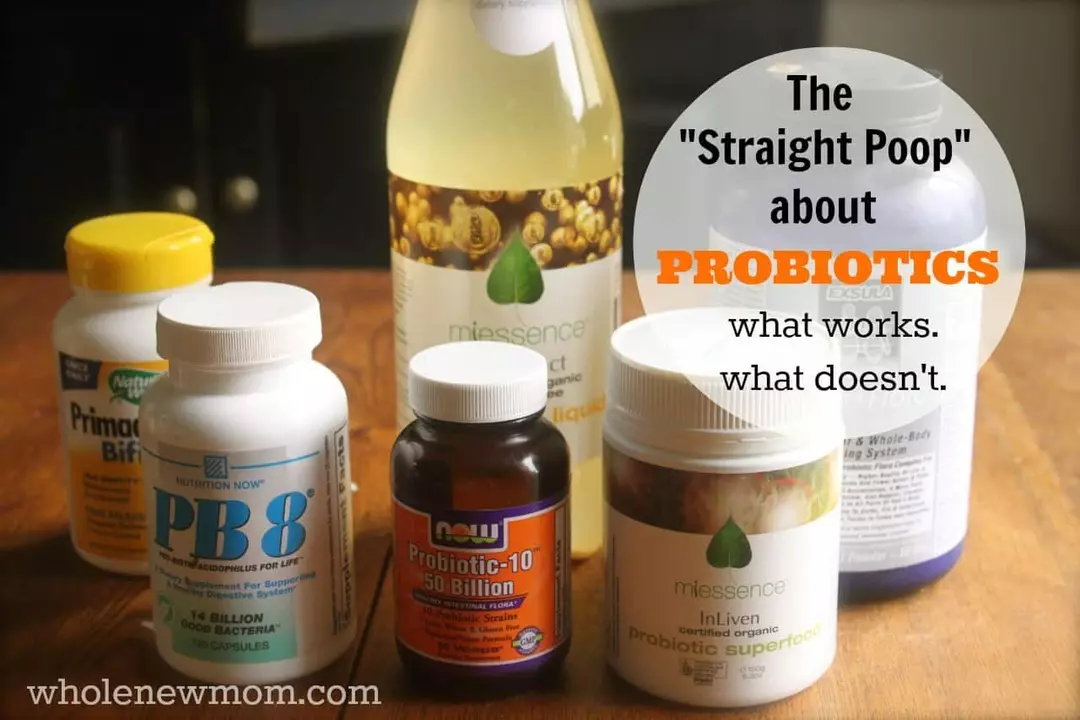You eat healthy but still feel tired? Nutrient absorption — how your body pulls vitamins and minerals from food — matters as much as what you eat. Small timing and pairing changes can make a big difference. Below are clear, practical tips you can try today.
Stomach acid, enzymes, gut bacteria, and the fats or fibers in your meal all change how well nutrients get absorbed. Age, digestive conditions (like IBS or celiac), surgery, and some meds can lower absorption. For example, low stomach acid makes it harder to absorb iron and B12. Knowing what interferes helps you plan meals and supplements better.
Medications matter. Antacids and proton pump inhibitors reduce stomach acid and can cut B12 and iron uptake. Calcium, dairy, and antacids can bind antibiotics like tetracyclines and fluoroquinolones, reducing their effectiveness. A common rule: separate calcium or dairy from those antibiotics by at least 2–4 hours. If you take long-term metformin, ask your doctor about B12 checks — metformin can lower B12 over time.
Iron absorbs best with vitamin C. Take iron with a glass of orange juice or a vitamin C–rich snack to boost uptake. Don’t take iron with coffee, tea, or high-fiber meals — those contain compounds that block iron. For calcium, take it with food if it upsets your stomach, but avoid taking it at the same time as iron or certain antibiotics.
Fat-soluble vitamins (A, D, E, K) need dietary fat. Add a bit of olive oil, avocado, or nuts to salads and smoothies when you take those supplements. Water-soluble vitamins (B and C) don’t need fat and are fine on an empty stomach, though B vitamins can sometimes make you jittery, so many prefer them with breakfast.
Fiber helps overall gut health but can bind minerals if you take large doses at once. If you use high-fiber supplements or drink a big green smoothie, wait an hour before taking mineral pills. Probiotics and fermented foods can improve digestion and, over weeks, may help absorption for some people.
If you suspect poor absorption — think persistent fatigue, hair loss, brittle nails, unexplained weight loss, or anemia — get tested. Blood tests can check iron, ferritin, B12, vitamin D, and more. Work with your doctor before changing supplement doses; more isn’t always better and can sometimes cause harm or interact with meds.
Small changes add up: pair iron with vitamin C, take fat-soluble vitamins with a meal that has fat, separate calcium and antibiotics, and talk to your doctor about medications that affect absorption. These tweaks help you get more value from both food and supplements without major lifestyle changes.

As a follower of the Paleo diet, I've discovered that prebiotics play a significant role in promoting a healthy gut. Prebiotics are non-digestible fibers that serve as food for the beneficial bacteria in our digestive system. By incorporating prebiotic-rich foods like onions, garlic, and green bananas into our Paleo meals, we can support the growth of good bacteria and improve our overall gut health. This, in turn, can enhance our immune system, aid in weight management, and even boost our mood. So, don't forget to add some prebiotic foods to your Paleo shopping list for a happier, healthier gut!
READ